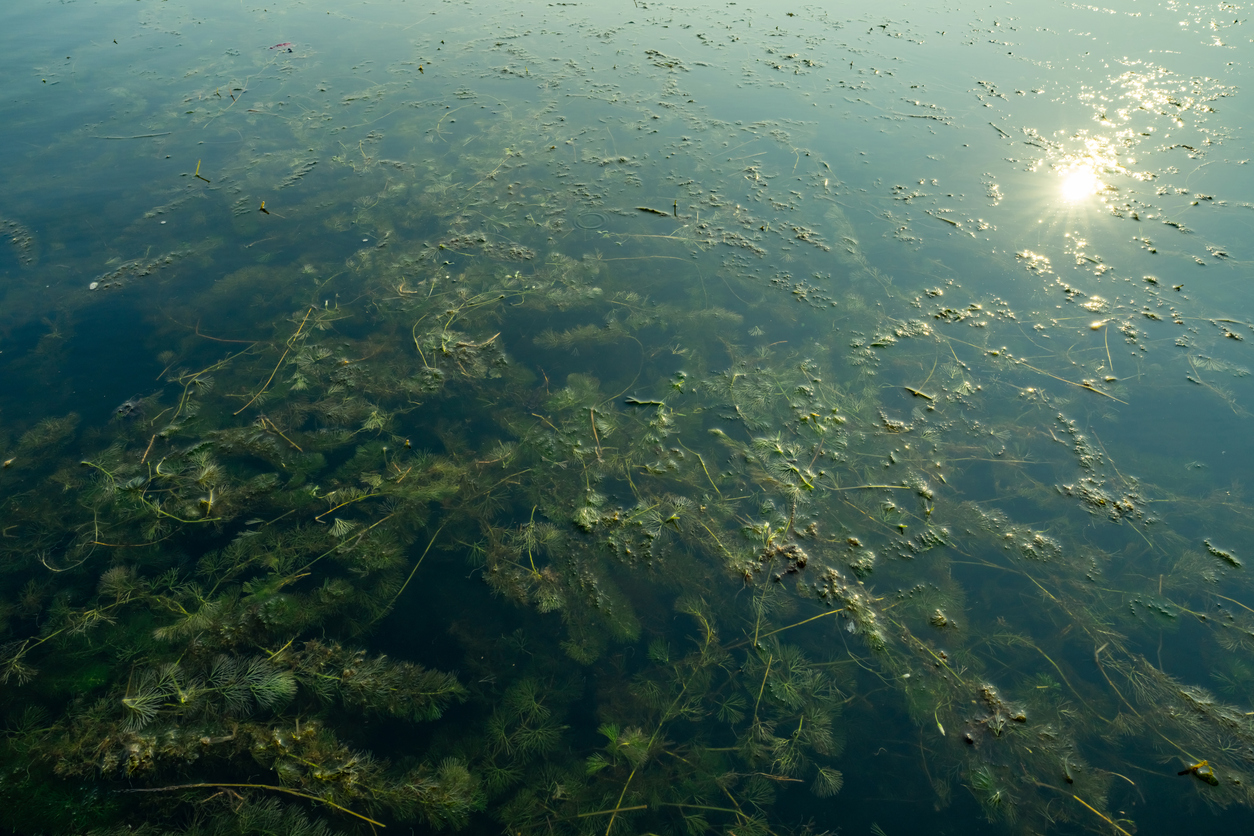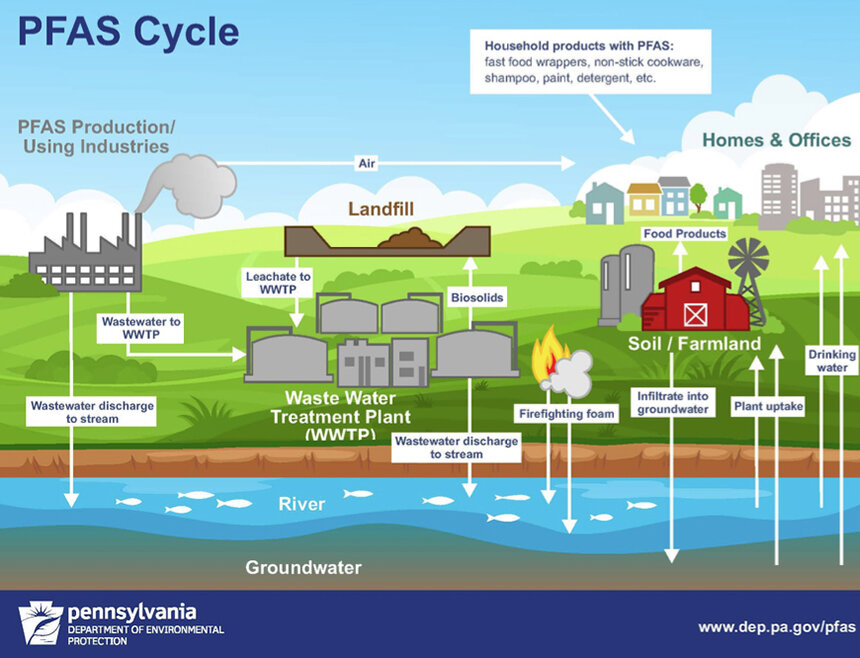Survey Says: Rhode Islanders Believe Parking Biggest Deterrent to Shoreline Access
January 29, 2024
PROVIDENCE — What do Ocean State residents think is one of the biggest deterrents to shoreline access?
That most Rhode Island of answers: parking.
While lawmakers were debating the merits of expanding shoreline access last year, the Coastal Resources Management Council, together with Rhode Island Sea Grant and the Narragansett Bay National Estuarine Reserve, was seeking feedback from the public on the status of coastal rights of way (ROW) around the state.
The survey, performed by New Jersey-based company Impact by Design, was part of a $206,000 grant from the National Oceanic and Atmospheric Administration awarded to CRMC to improve equitable shoreline access in Rhode Island and to create a shoreline access management plan.
According to the survey, 41% of local residents said there were ROWs they used less often or outright avoided. When asked why, they cited a range of reasons, including a lack of parking, feeling unsafe, unwelcome or unsure if they’re allowed to use access points, guards being posted to block access points, and ROWs containing a lot of litter or just generally poorly maintained.
“COVID exposed the need for education and signage and a renewed focus on CRMC’s public access program as a whole,” said Laura Dwyer, CRMC’s public educator and information coordinator, during a presentation of the survey’s results. “We wanted to understand how people use the shoreline and what barriers prevent them from using.”
When asked what the state could do to improve coastal access, respondents said better parking, better signage, more equitable access points with updated information on current sites, and stopping private property owners from blocking ROWs.
Residents in two counties, Washington and Bristol, thought there were not enough access points to the shore in areas they would like to visit, despite fewer ROWs in Providence County on average. (Known locally as South County, Washington County’s south shore still remains the most-visited shoreline in the state.)
CRMC may have a little extra money coming its way to promote shoreline access. In Gov. Dan McKee’s state budget proposal for the upcoming fiscal year (2025), he granted the agency’s request for $25,000 to help further shoreline access education, a decent-sized increase for a state agency that receives less than $4 million in state funding annually.
“It will help further our efforts in implementing and providing education for the shoreline access bill,” CRMC executive director Jeff Willis said. “To have marker posts and signs purchased by us so we can take [shoreline access] information and put on the signs at our rights of way and let people understand what the shoreline lateral access bill is trying to accomplish.”
Dwyer said CRMC’s next step was to convene a community leader advisory group, including members from the Warwick Harbor Commission, Charlestown Climate Resiliency Commission, Narragansett’s Coastal Access Improvement Committee, the Narragansett Indian Tribe, and others to identify what policies need to go in a proposed public shoreline access management plan.
The agency said it would also fundraise to hire a municipal liaison to help the state’s 39 municipalities work with CRMC on addressing local ROW issues and other priorities to be identified by the advisory group.




Anyone posting a guard at a ROW should be jailed
They should just pass a law saying that it is okay to use the driveways of coastal residences. It should also include access to the residence bathrooms so that they don’t have to use the beach.